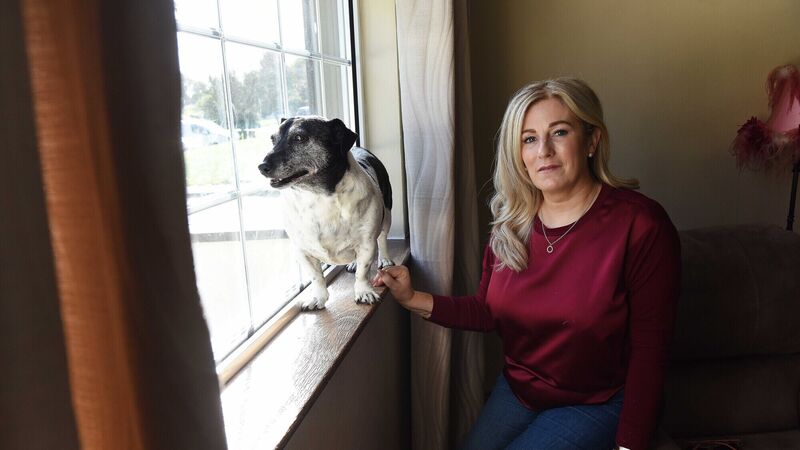Life with long Covid: 'I’m not the person I was'

Louise O'Reilly, Kilcullen, Co Kildare who suffers from long Covid. Picture: Moya Nolan
Try from €1.50 / week
SUBSCRIBE
Louise O'Reilly, Kilcullen, Co Kildare who suffers from long Covid. Picture: Moya Nolan
This week US infectious disease chief Dr Anthony Fauci declared long Covid an “insidious” public health emergency for millions of people.
Just days earlier World Health Organisation (WHO) head Dr Tedros Adhanom Ghebreyesus warned that long Covid is “devastating” the lives and livelihoods of tens of millions of people.
Already a subscriber? Sign in
You have reached your article limit.
Annual €130 €80
Best value
Monthly €12€6 / month
Introductory offers for new customers. Annual billed once for first year. Renews at €130. Monthly initial discount (first 3 months) billed monthly, then €12 a month. Ts&Cs apply.
CONNECT WITH US TODAY
Be the first to know the latest news and updates
Newsletter
The best food, health, entertainment and lifestyle content from the Irish Examiner, direct to your inbox.
Newsletter
The best food, health, entertainment and lifestyle content from the Irish Examiner, direct to your inbox.

Our team of experts are on hand to offer advice and answer your questions here
© Examiner Echo Group Limited